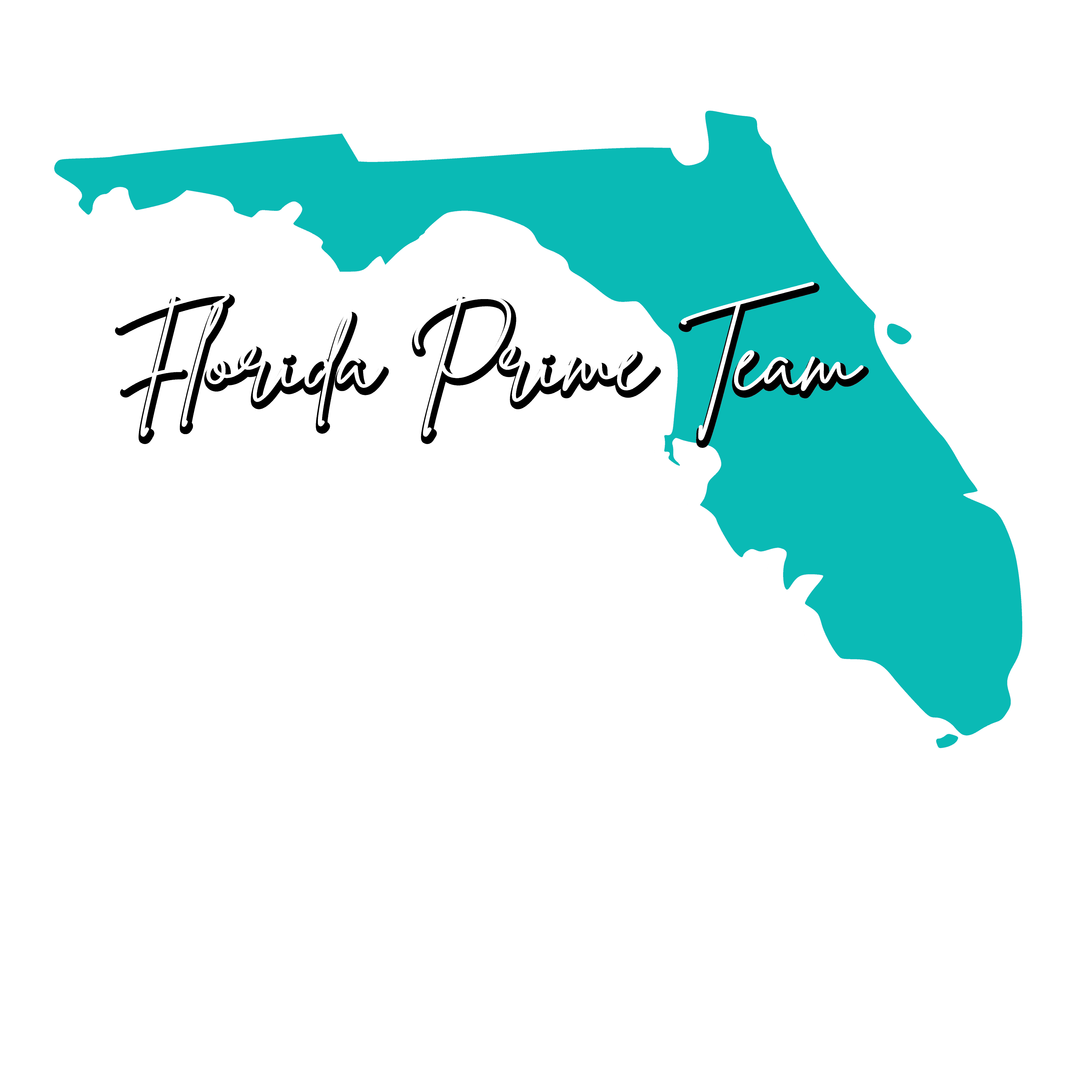Understanding the available financing options is crucial whether you’re a first-time homebuyer, seasoned investor, or looking to refinance.
Types of Real Estate Loans
There are several types of real estate loans available each with its own benefits and considerations:
Conventional Loans: These are the most common types of mortgage and are not insured by the federal government. They typically require a higher credit score and a larger down payment than government-backed loans. Conventional loans offer flexible terms and competitive interest rates, making them ideal for borrowers with strong credit profiles.
VA Loans: Available to veterans, active-duty service members, and their families, VA loans offer competitive interest rates and require no down payment or private mortgage insurance. These loans are backed by the Department of Veterans Affairs and provide significant financial advantages to those who have served in the military.
USDA Loans: Designed for rural property buyers, USDA loans offer no down payment options and are backed by the U.S. Department of Agriculture. These loans are intended to promote homeownership in less densely populated areas and come with favorable terms for eligible borrowers.
Key Considerations for Real Estate Loans
When financing real estate, several factors should be taken into account:
Credit Score: Your credit score significantly impacts your ability to secure a mortgage and the interest rate you will receive. Higher credit scores typically result in better loan terms. It's essential to check your credit report for errors and take steps to improve your score if necessary.
Down Payment: The amount of money you can put down upfront will affect the types of loan you can get and the overall cost of the mortgage. Many lenders offer programs for low or no down payments, but a larger down payment can reduce your monthly payments and the total interest paid over the life of the loan.
Interest Rates: Interest rates fluctuate based on economic conditions. It's essential to shop around and compare rates from different lenders to ensure you get the best deal. Locking in a low interest rate can save you thousands of dollars over the term of your mortgage.
Loan Term: Mortgages typically come with 15, 20, or 30-year terms. Shorter terms generally have lower interest rates but higher monthly payments. Consider your financial goals and budget when choosing a loan term that suits your needs.
Closing Costs: These are fees associated with finalizing the mortgage, including appraisal fees, title insurance, and loan origination fees. Understanding these costs can help you budget more effectively. Some lenders may offer to cover certain closing costs, but this might result in a higher interest rate.
Local Market Insights
The real estate market in Florida is dynamic and varies significantly by location. Key cities such as Orlando and Tampa are experiencing rapid growth due to job opportunities, a thriving tourism industry, and a favorable climate. Understanding the local market conditions in these areas can guide you in making informed decisions about when and where to buy.
Orlando: Known for its world-famous theme parks and vibrant entertainment industry, Orlando has a robust real estate market that appeals to a diverse range of residents, including young professionals, families, and retirees. The city's strong demand for investment properties, particularly vacation rentals, underscores its ongoing growth.
Tampa: With a strong job market, excellent educational institutions, and a variety of recreational opportunities, Tampa's real estate market is particularly attractive. The city’s waterfront properties and historic neighborhoods are especially sought after, reflecting its appeal to both homebuyers and investors.
Gulf Coast: The Gulf Coast offers a more relaxed lifestyle with its beautiful beaches and smaller, close-knit communities. This region is ideal for those looking for vacation homes or retirement properties, providing a tranquil alternative to the bustling city life.
Regional Lending Options and Resources
Florida is home to numerous lenders, including local banks, credit unions, and mortgage brokers. It's beneficial to work with a lender who understands the local market and can provide personalized advice. Additionally, there are several resources available to help you navigate the homebuying process:
- HUD's Homeownership Programs in Florida - Offers information on various homeownership programs and assistance for first-time buyers.
- Florida Realtors - A valuable resource for finding real estate agents and market data specific to Florida.
- Orlando Economic Partnership - Offers insights into the economic landscape of Orlando and surrounding areas, including housing market trends.
- Tampa Bay Economic Development Council - Provides resources and data on the Tampa Bay area's real estate market and economic growth.
Steps to Secure Financing
Securing financing for real estate involves several essential steps:
-
Budgeting: Develop a comprehensive budget to understand your affordability, covering monthly mortgage payments, property taxes, insurance, and maintenance costs.
-
Choosing a Lender: Research and compare lenders to find the most favorable mortgage terms. Pay attention to interest rates, loan types, and customer service.
-
Application: Complete and submit your mortgage application along with necessary documentation, such as tax returns, pay stubs, and bank statements.
-
Appraisal and Inspection: After your offer is accepted, an appraisal will be required to confirm the property's value aligns with the loan amount. It’s also advisable to conduct a home inspection to uncover any potential issues.
-
Closing: Finalize the loan by reviewing and signing the closing documents, paying any associated closing costs, and completing the purchase of your new home.

